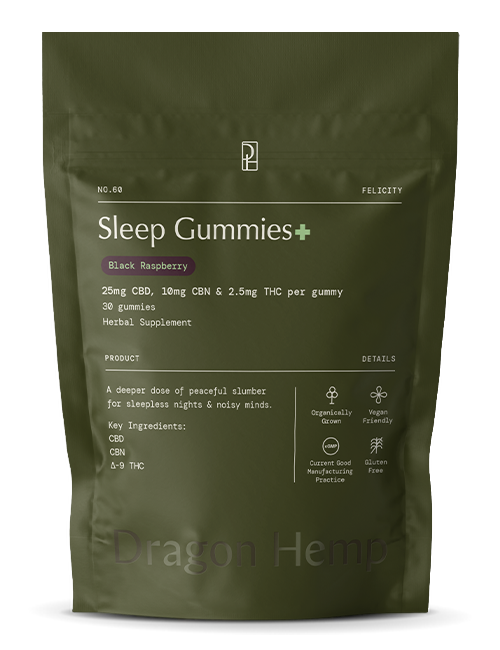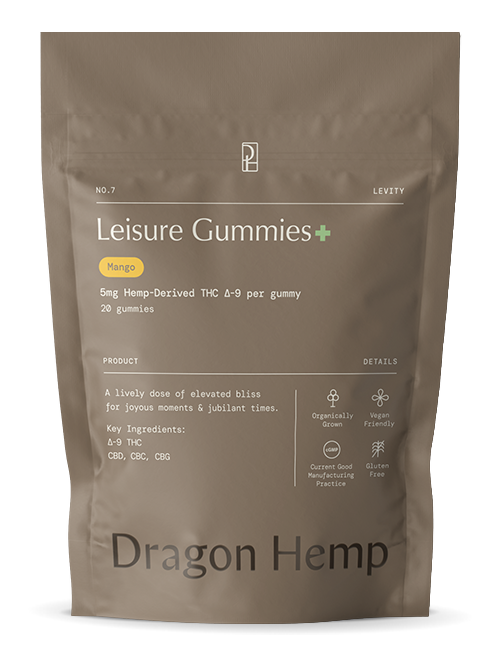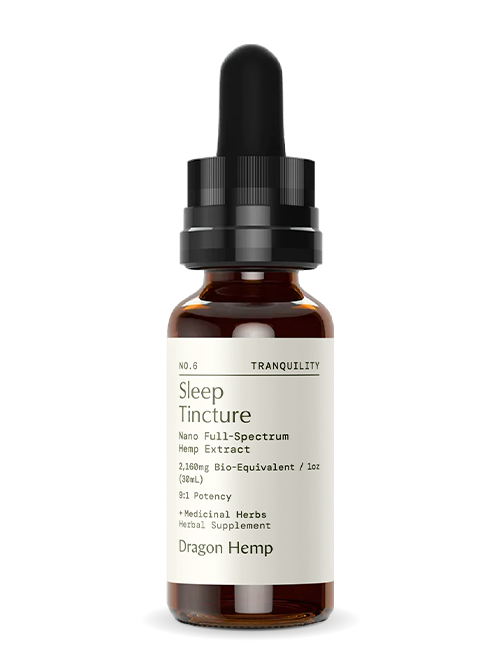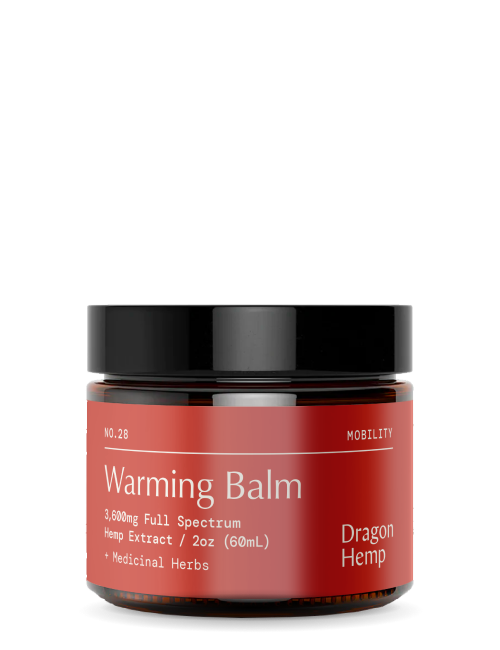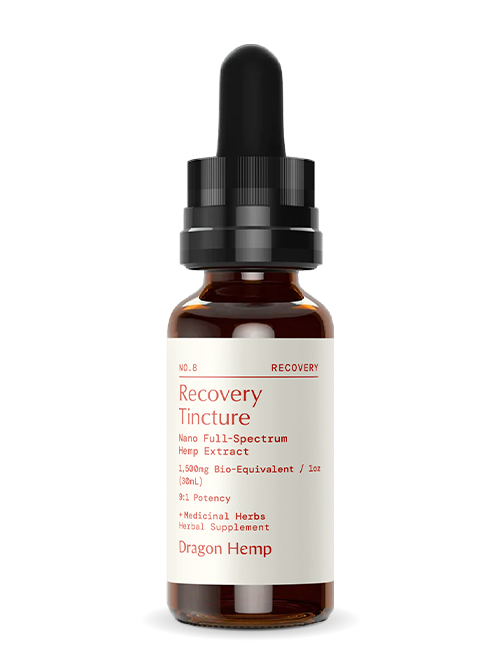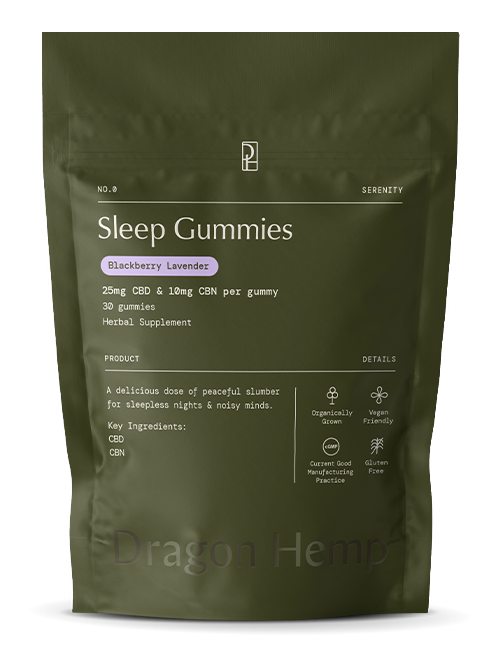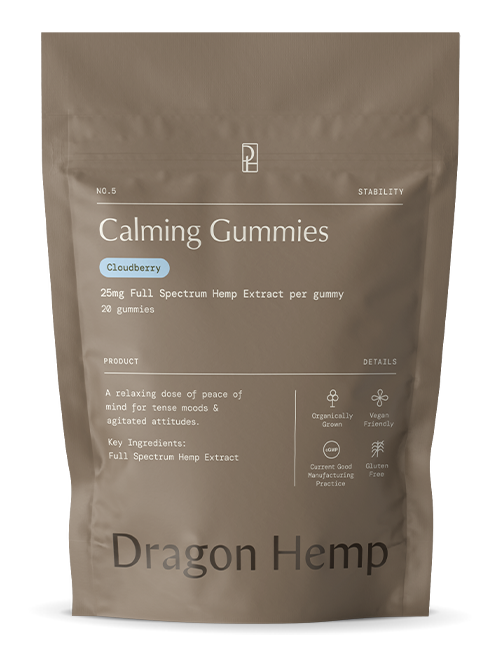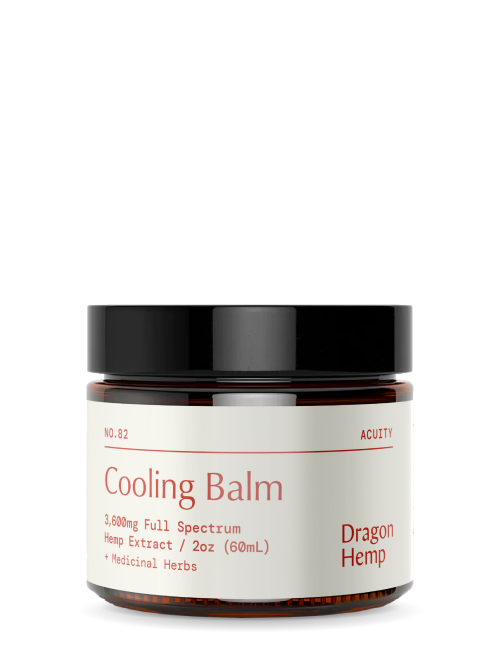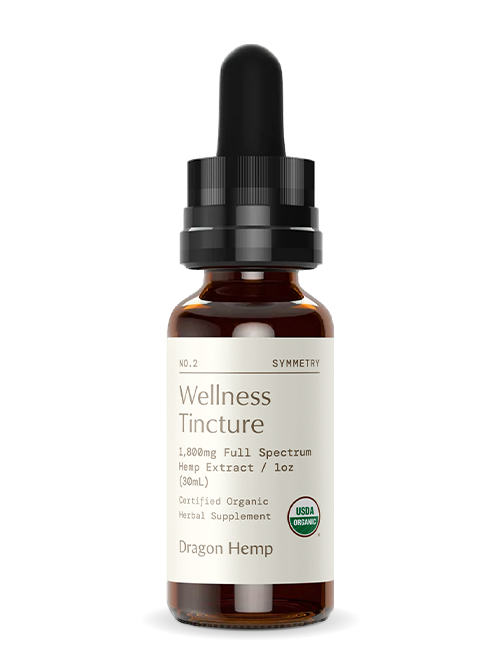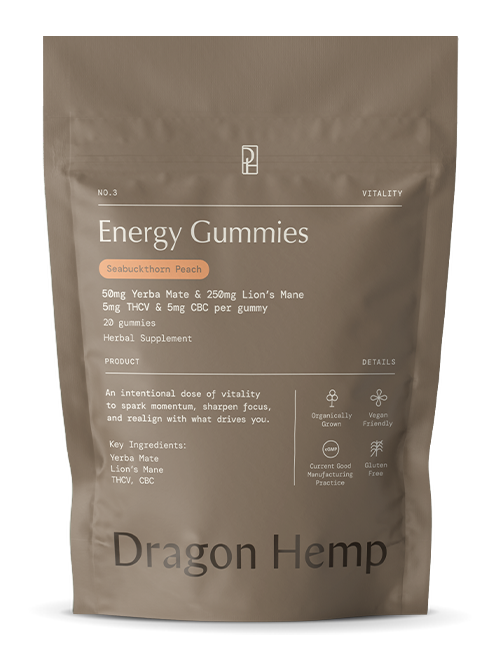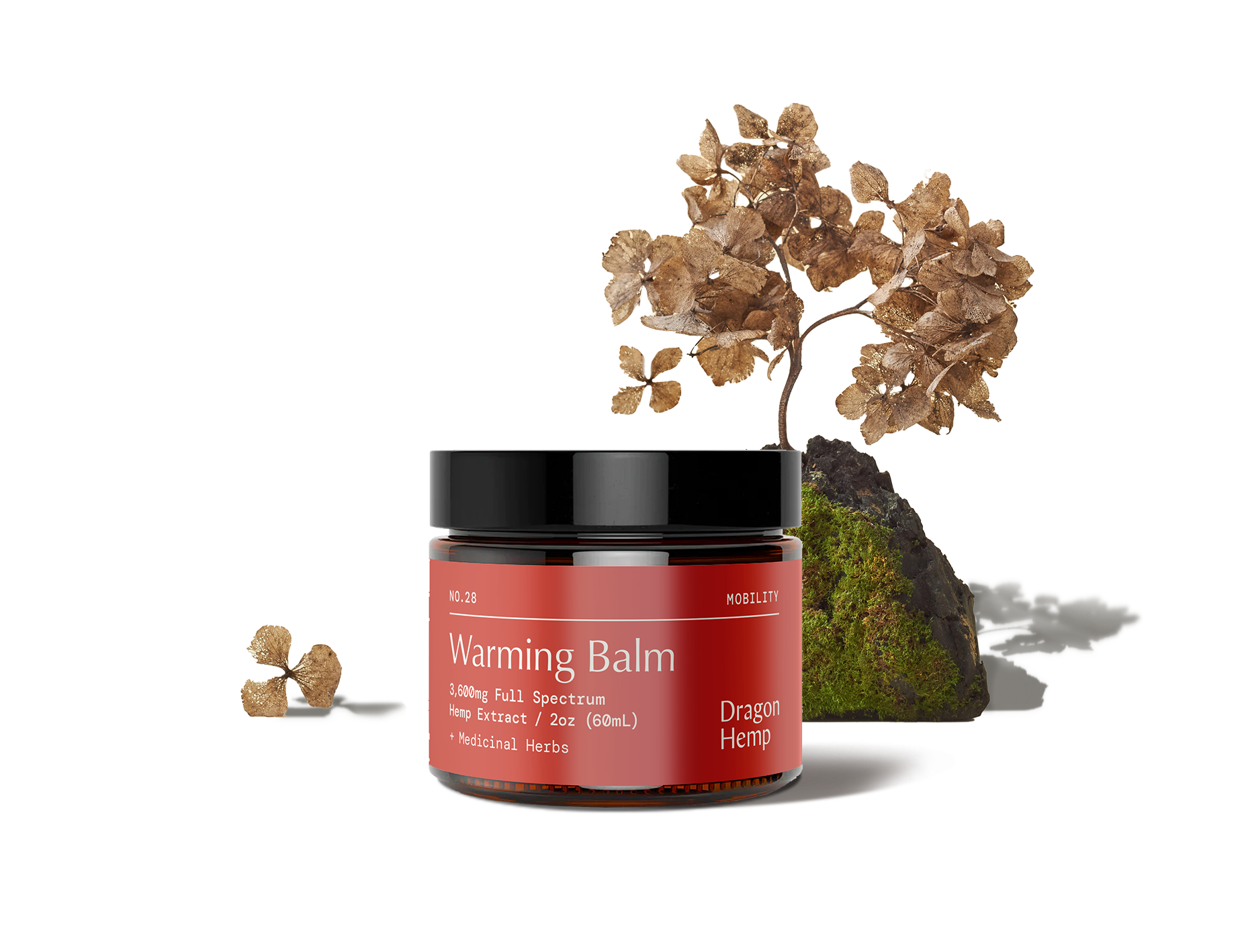
Is THCV Legal in Indiana
Even for staunchest anti-cannabis states in the US, fending off the growing demand for legal cannabis has proven to be a challenge.
The passage of the 2018 Farm Bill effectively allowed hemp farming and has turned out to be a game-changer in how cannabis is perceived by the country. By legalizing hemp farming, this bill also permitted the possession and use of hemp-based products.
By and large, it is federally legal to use and have low-THC cannabis in the US. The catch? Not all cannabis and cannabis products are legal. How is this possible?
According to section 12619 of the 2018 Farm Bill, only cannabis with less than 0.3% THC content can be grown in the country. The same can be processed into commercial products, also considered legal under federal law.
But as you well know by now, cannabis is "a plant of a thousand compounds." Scientists have identified over 100 cannabinoid compounds in cannabis. However, questions linger about whether all these compounds are allowed in the country.
Such questions are, indeed, understandable when it comes to THC-like cannabinoids. These compounds are known to be psychoactive and can induce mind-altering effects, some of which are undesirable.
In fact, the prohibition of cannabis in the US has everything to do with these THCs. In times long gone, it was argued that they made minorities "unruly and bloodthirsty." But as the potential health benefits of cannabis became apparent, perceptions changed.
Today, recreational and medical cannabis is legal in most states. But cannabis laws vary across the states, as per section 10113 of the Farm Bill. So, what may be permissible in one might not be in another. Nonetheless, if you live in Indiana and have heard of tetrahydrocannabivarin (THCV), then find out here whether it's legal in your state.
Key takeaways
- THCV is a minor cannabinoid of cannabis predominantly found in landrace Sativa strains.
- It is structurally similar to THC but has a shorter carbon side chain of three carbon atoms.
- THCV is non-psychoactive but can induce mind-altering effects when taken in large doses.
- Though it sounds similar to THC, it is synthesized from a different precursor compound called cannabigerovarinic acid.
- The legality of THCV is implicit rather than explicit, according to the provisions of the 2018 Farm Bill.
- If it's obtained from hemp with less than 0.3% THC content, then it's legal across most states.
- In Wisconsin, its legality is unclear because this state only recognizes medical-grade cannabis compounds like CBD oil.
THCV and the federal law
THCV is a cannabis cannabinoid with a similar chemical formula to tetrahydrocannabinol (THC) if not for the alkyl side chain. Whereas THC has a 5-carbon side chain, THCV's side chain contains only three carbon atoms. This slight difference accounts for stark dissimilarities in effects between THCV and THC.
Further, both cannabinoids are synthesized differently in cannabis. Unlike THC, CBD, and CBC, which are metabolized from cannabigerolic acid (CBGA), THCV is a metabolite of cannabigerovarinic acid (CBGVA). This precursor compound results from the reaction between divarinolic acid and geranyl pyrophosphate.
THCV is a minor cannabinoid, so it is not easy to come across. Plants with high THCV levels are found in Asian countries like China, Nepal, India, Thailand, Pakistan, and Afghanistan. Others have been located in Western and Southern Africa.
Generally, THCV is prevalent in Sativa strains known for their energizing and euphoric "high." THCV's psychoactivity is dose-dependent, i.e., it is non-psychoactive in lower doses but may induce mind-altering effects at higher doses.
Moreover, users claim THCV produces mental alertness and an energizing sense of euphoria. Doesn't seem like something the federal government wouldn't want in the hands of the public, does it?
Well, in case you are wondering, THCV is not listed as a Schedule I drug. It is also not scheduled by the Convention on Psychotropic Substances. As such, it is federally legal as long as it is derived from hemp and complies with the Farm Bill regulations.
However, be advised that since THCV is an analog of THC, its possession and use could be considered illegal under the Federal Analog Act. Also, keep in mind that the Farm Bill does not "affect or modify the Federal Food, Drug, and Cosmetic Act, or the authority of the Secretary of Health and Human Services and the Commissioner of Food and Drugs."
The US FDA maintains that cannabinoids are "impermissible for use in food and dietary supplements." Moreover, it continues to send warning letters to CBD brands selling cannabis products with unproven health-related claims.
Indiana's THCV Laws
A year after the passage of the 2018 Farm Bill, Indiana passed Senate Bill 516, which essentially aligned its hemp laws with the Farm Bill. This created a regulatory framework for legal hemp farming in addition to allowing the production of hemp-derived compounds, including the THCs, i.e., Delta-8, 9, and 10.
Does this mean cannabis is legal in Indiana? Not by any means! cannabis—medical or recreational—remains illegal in Indiana and a controlled substance under the state's Controlled Substances Act.
Any product with cannabis-derived compounds is prohibited in Indiana. Possession, purchase, production, and distribution of such products are forbidden and typically attract harsh penalties.
However, Indiana state law permits the sale and possession of hemp-based products, including the various THCs. These include the 'Deltas' and THCV.
Unfortunately for cannabis users in Indiana, this may not last long. Senate Bill 209, enrolled in March this year, seeks to change the definitions of the various 'Deltas' and THC analogs (like THCV) to THC. In effect, this means Delta-8 and Delta-10 would all be referred to as THC.
It's still not clear what effect this law would have on THCV. But since it's an analog of THC, THCV may just become illegal in Indiana if the bill passes.
Is THCV a Controlled Substance in Indiana?
At the moment, the answer to this question is both 'yes' and 'no.'
No, because THCV derived from hemp is not a controlled substance in Indiana. The Farm Bill (2018) legalized hemp cultivation and, by extension, made all hemp-based products, including THCV, legal.
However, if the THCV is derived from cannabis, it becomes a controlled substance. Indiana's Controlled Substances Act syncs with federal law as far as the legality of cannabis is concerned. Their position is that cannabis is strictly prohibited, with any cannabis-related violations carrying heavy penalties.
Moreover, no upcoming laws might make cannabis legal in the state any time soon. If anything, if S.B. 209 passes, then THCV might well be illegal too. For now, you can still enjoy THCV products, though.
THCV Possession Limits in Indiana
While having even a tiny amount of cannabis could earn you at least six months in jail in Indiana, the laws governing the 'new' cannabinoids are a bit hazy.
That's because the state's cannabis laws essentially echo the federal Farm Bill, which does not mention any other cannabinoid apart from Delta-9-THC. As such, there are no limits on the quantity of hemp-derived compounds you can possess.
This is the loophole manufacturers of cannabis-based products have been using to sell Delta-8 and Delta-9 products in the state. Moreover, since the Indiana Code does not mention THCV, you can legally have as much of it as possible.
The only caveat is that it must be obtained from hemp and have less than 0.3% THC content.
Even though Indiana does not have a medical cannabis program, it allows people with state-qualifying conditions to access cannabis extracts with high CBD (at least 10%) and low THC content (not more than .3%). These must be lab-certified and meet other packaging and labeling requirements.
Even though cannabis is almost illegal in the entire state, residents of Marion country are luckier. It's probably the only jurisdiction that's decriminalized the possession of fewer than 28 grams of cannabis.
Nothing is certain yet, but House Bill 1154 could be a game-changer if passed. It seeks to permit adults to possess up to 28 grams of cannabis. It would also allow residents to grow no more than six cannabis plants for personal use.
Is THCV Legal in Wisconsin
Like Indiana, Wisconsin is another state with strict cannabis laws. Both medical and recreational cannabis are expressly prohibited and attract stiff penalties. Its cannabis laws are described as the most "out-of-step with voters of any state."
The only "progress" it has made regarding legalizing cannabis is limited to CBD – a non-psychoactive cannabis compound.
As late as February this year, the Wisconsin legislature was all but set to reject a bill seeking to legalize medical cannabis. A month earlier, it had shot down another proposal to permit recreational cannabis.
Nonetheless, cannabis products abound in the state in various forms – illegal, legal, and ambiguous. Most of these make their way from neighbors Minnesota, Illinois, and Michigan, who have, to varying extents, decriminalized cannabis.
So, is that THCV product you're using legal?
At the federal level, THCV is legal if it is extracted from hemp. In fact, from January this year, hemp growers in Wisconsin were to operate under the regulatory authority of the USDA. Before then, hemp was only grown in the state for research purposes.
Despite the passage of the 2018 Farm Bill, it remains unclear whether selling hemp-derived compounds is legal in Wisconsin. While the 2018 Farm Bill permits the sale of hemp products (with less than 0.3% THC), Wisconsin's laws only endorse medical-grade compounds like CBD oil.
The good news is that several municipalities have decriminalized the possession of small amounts of cannabis (25 grams and below) through city ordinances. If you can get your hands on THCV-rich strains, you can legally enjoy them under such statutes.
Final Thoughts: is THCV legal in Indiana?
This question cannot be answered by a straight-up 'yes' or 'no.' That's because the laws governing cannabis and its associated products are different throughout the country.
While the 2018 Farm Bill remains the backbone of most state cannabis laws, each state reserves the right to formulate its own laws.
The federal Farm Bill (2018) essentially made hemp and its derivatives legal in the country. However, this has not stopped states like Wisconsin from developing laws to govern hemp production. Thus far, it appears to only permit medical-grade cannabinoids like CBD.
Despite largely being an anti-cannabis state, Indiana structured its cannabis laws around the federal Farm Bill of 2018. This essentially means that what is permitted by the federal bill is equally legal in Indiana. As a result, hemp-derived THCV is legal in Indiana.
However, cannabis laws are in a constant state of flux. So, keeping yourself updated with the goings-on in this space is important to avoid getting in trouble. Before possessing cannabis, get the latest information on what your state laws say.
It's a tricky issue due to Section 10113 of the 2018 Farm Bill, which allows states to create their own rules to regulate cannabis. This creates variances in critical determinants like permissible THC content and such-like.
There's no doubt there's still a long way to go before cannabis laws across the country are fully in sync.
Where to buy THCV gummies in Indiana
So now that we've established that you may buy and use THCV in Indiana, where can you get them?
A good place to start is a reputable cannabis brand like Dragon Hemp. We put a lot of passion and dedication into ensuring our products are of the highest quality and actually work.
So, if you are running low on energy and want to rev up your engines, we have just what you need. Thanks to the CBC and THCV in our Energy Gummies, these delicious edibles will add a little spring to your steps, making you push harder and faster.
But if you want to boost your focus levels, our Focus Gummies are the answer. These come in two flavors – mango and raspberry lemonade. With 5 mg of THCV and 75 mg of Lion's Mane, these vegan, low-sugar gummies allow you to get the most out of your brain!
Feel like yourself again.
Peruse our collection of plant-based therapeutics blending time-honored herbal remedies with next-generation cannabinoid extracts.







